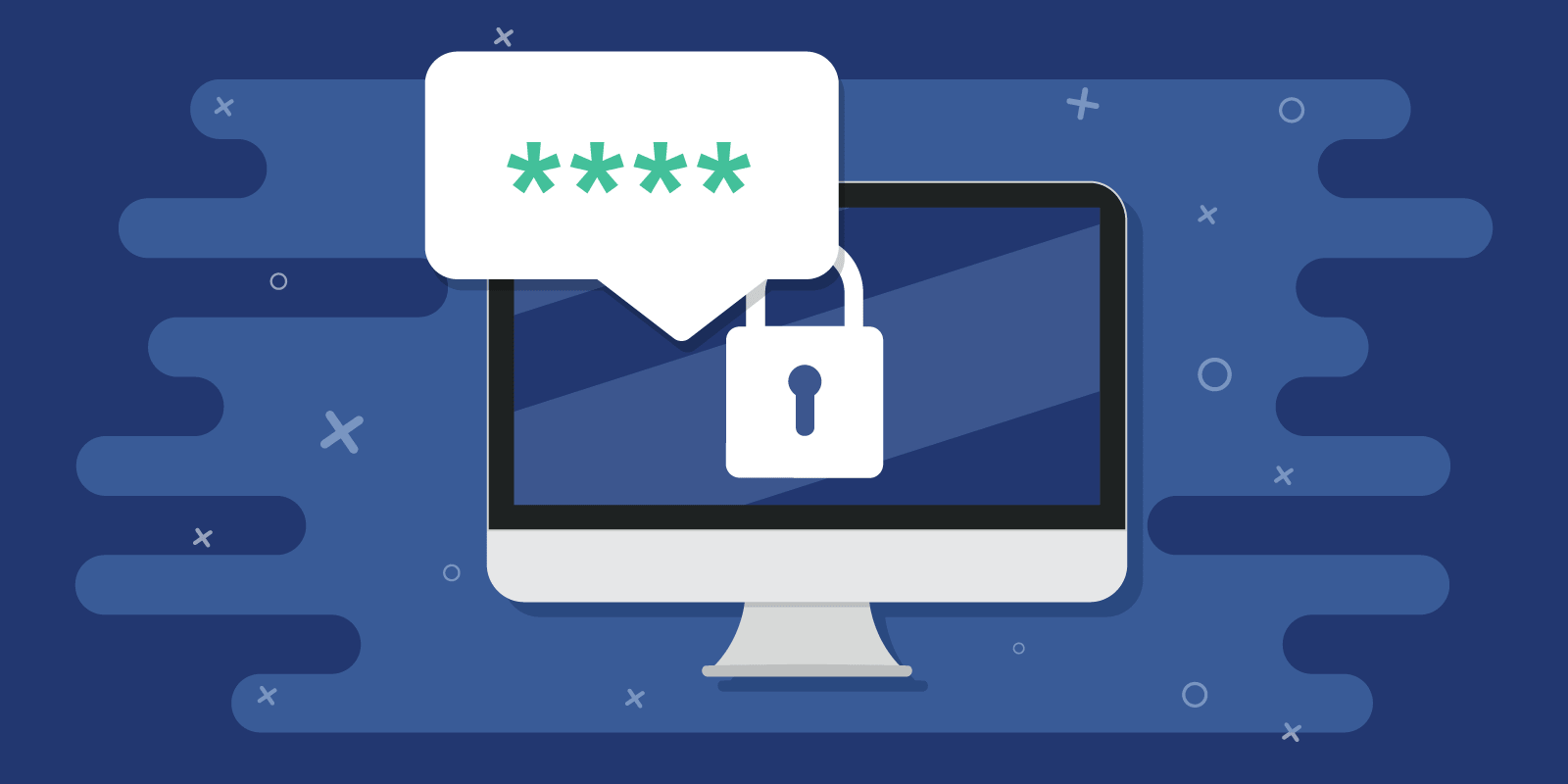
For everything from online banking, to social media accounts and in between, most websites require you to create a username and a password. While most of us understand the importance of selecting a strong password; not everyone practices other elements of proper password hygiene.
It is critical to make sure that no matter the website or app, you have created strong unique passwords which make it difficult for unauthorized users to guess at. But we know that managing, changing and remembering all of these passwords can be a full-time job – so how can you stay safe and sane? It all starts with a good password manager.
What are password managers?
Password managers are applications that remember your chosen passwords, and give you the option to generate randomized passwords for all the sites you visit. If a password for one site is compromised, it’s common for attackers to take those credentials and try them on many other sites. The only thing worse that changing your password on one compromised site is to have to do it on LOTS of sites because that password was reused.
A password manager stores your credentials for you in a secure virtual vault accessed by using a master password, or even biometrics. Then, when you visit a site or open an app where you need to log in, the password manager automatically fills in your login information and password for you.
The best password managers let you know if your existing passwords are weak, reused, or have shown up in a data breach through dark-web monitoring. These products help you improve your password hygiene by suggesting new, strong, and unique credentials for every login. When creating a new password, you can use a scrambler that will auto generate a strong password that is at least 20 characters long and include all the major character types: uppercase, lower case, numbers, and symbols.
Some managers charge annual subscription fees, while some are no-cost. A trustworthy password manager can cost anywhere from $25-$60 annually. Additionally, some managers offer 50% discounts to students and those working in Higher Education. These and other recommended Password Managers are listed below.
